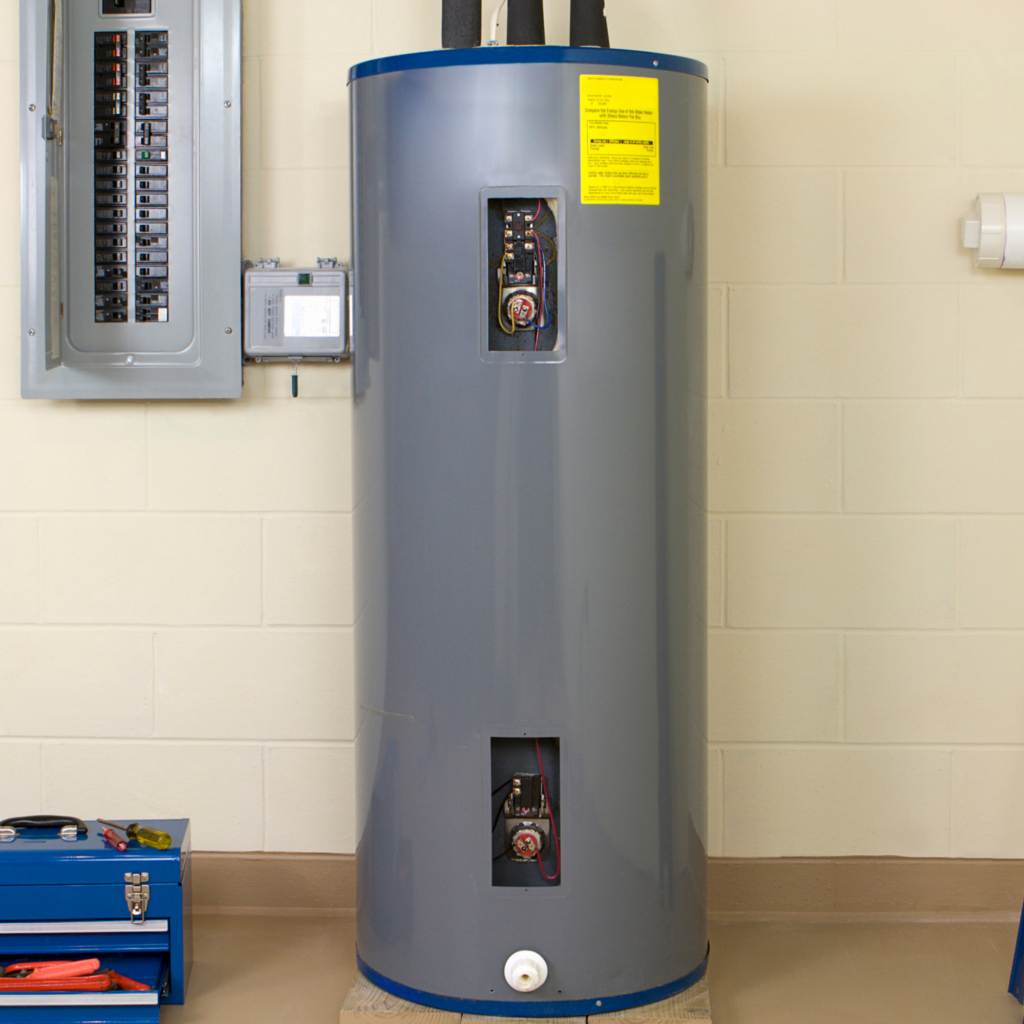
Whenever you do laundry, run the dishwasher, or take a shower, you turn the knob to “hot” and expect on-demand hot water. Your water heater provides the hot water you need for daily activities. And today’s water heaters are more efficient than ever.
When it’s time for a replacement water heater, you’ll want to consider all your options, including tankless versus tank water heaters. Avid Plumbing wants to help inform your decision and choose the best water heater solution for your home. Here, we’ll provide an in-depth comparison of tankless and tank (also known as traditional) water heaters.
The Pros & Cons of Tankless Water Heaters
Tankless water heaters are growing in popularity. However, there are a few potential disadvantages to consider before buying a tankless unit for your home. Based on our experience, along with rigorous testing comparisons from Consumer Reports, here’s what you need to know about tankless water heaters before you decide:
Advantages of Tankless Systems
Homeowners appreciate the tankless water heater’s space-saving design, which starkly contrasts its room-hogging tank counterpart. Other advantages include:
- Energy efficiency: Tankless water heaters will heat water on demand, leading to significant energy savings compared to traditional water heaters that maintain a constant hot water supply.
- Endless hot water supply: Since water is heated as needed, there’s no risk of running out of hot water.
- Longer lifespan: With proper maintenance, these units can last longer than traditional tank water heaters — over 20 years.
- Reduced risk of water damage: Because there’s no tank always filled with water, there’s a decreased risk of water damage to the home.
Disadvantages of Tankless Systems
If you’re switching from a traditional water heater to a tankless model, you’ll likely have to upgrade your electric or gas lines and retrofit existing plumbing lines to accommodate it. This translates to potentially higher installation costs despite the energy efficiency savings it promises.
Other cons to consider include:
- Lag time: There can be a slight delay in getting hot water to the faucet, as the water needs to travel through the pipes and be heated on demand.
- Inconsistent water temperature: If multiple outlets require hot water simultaneously, the water temperature can fluctuate unless the system is adequately sized for the demand.
- Maintenance requirements: Routine maintenance keeps tankless water heaters running efficiently, including descaling to prevent mineral buildup.
- Electricity dependency: Tankless water heaters, particularly electric models, require a constant electricity supply to operate.
The Pros & Cons of Tank Water Heaters
There’s nothing wrong with updating your home’s water heating system with a traditional tank water heater. Again, knowing whether to choose a tankless or tank water heater depends on your household usage, demand, and need.
Here are some pros and cons to keep in mind:
Advantages of Tank Systems
Swapping out an old tank water heater for a new one is a relatively easy job for any plumbing professional. The benefits of tank water heaters include:
- Simple installation: Tank water heater installation is usually less complex and more affordable.
- Consistent hot water supply: Tank water heaters provide a steady hot water supply at a preset temperature.
- Low maintenance: These systems require less-frequent maintenance than tankless water heaters.
- Easier replacement: If a tank water heater fails, replacement units are widely available and can be quickly installed, reducing downtime.
Disadvantages of Tank Systems
If hot water supply and overall energy efficiency are a top priority for you, it might be worth exploring alternatives to tank water heaters. Here are a few cons that sway homeowners’ decisions toward tankless over tank water heaters:
- Shorter lifespan: Tank water heaters typically have a shorter lifespan, lasting 10 to 15 years on average.
- Risk of water damage: A leaking tank can cause significant water damage to the home, leading to costly repairs.
- Environmental impact: Higher energy usage and the need to replace tanks more frequently contribute to a larger environmental footprint.
- Heat loss: Stored hot water can lose heat over time, requiring additional energy to maintain the temperature.
Schedule Water Heater Installation
If you’re in the market for a new water heater, either as an emergency hot water solution or in planning to replace your aging unit, Avid Plumbing can help.
Our local plumbing team can help you select the best water heater for your home based on your unique needs. We provide reliable and honest work backed by our 100% satisfaction guarantee.
Call Avid Plumbing today to schedule water heater installation in Madison, WI, or request an appointment online.
